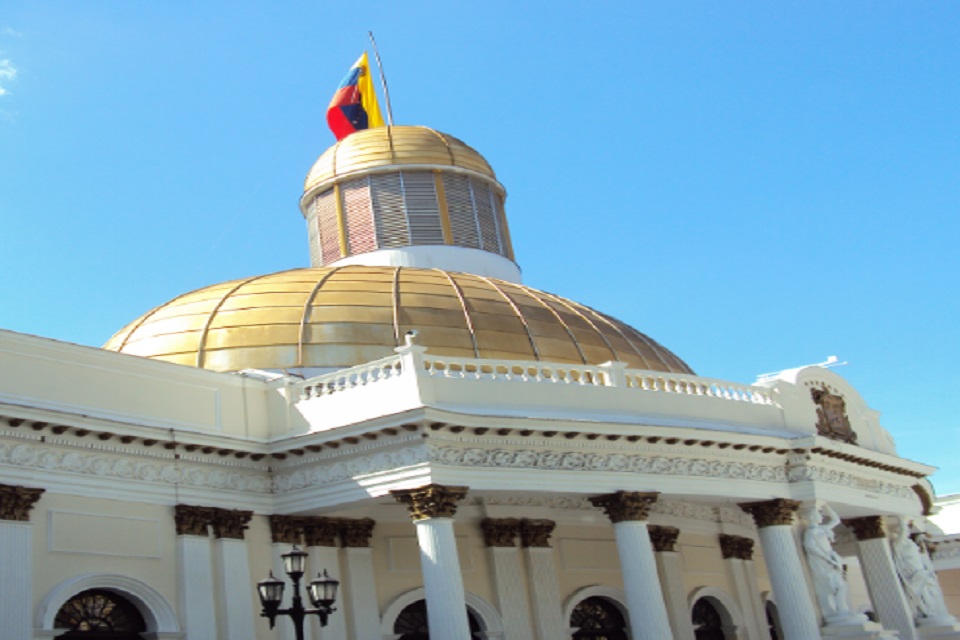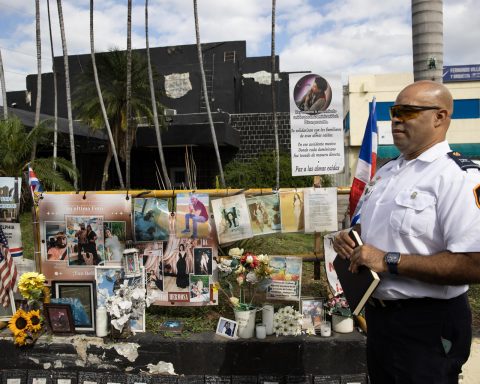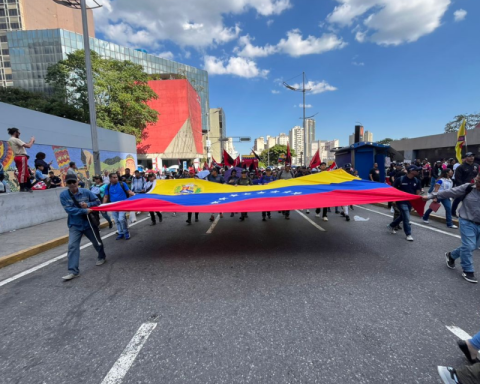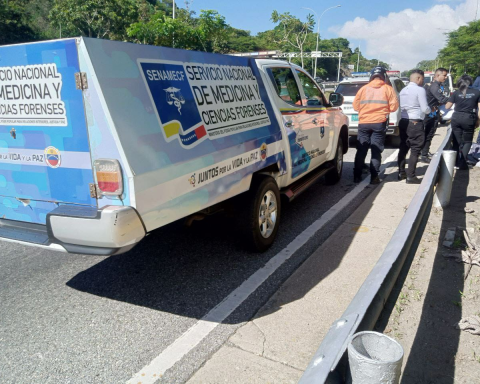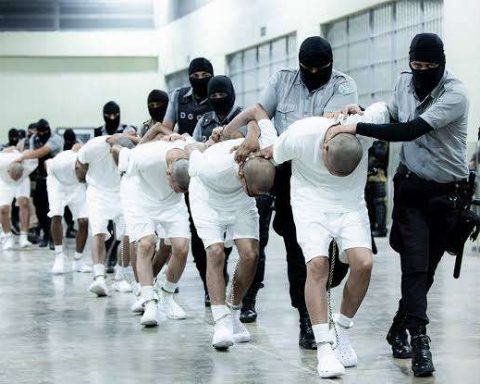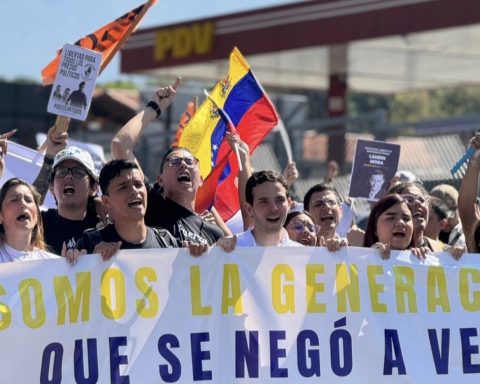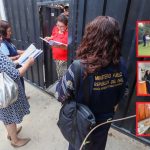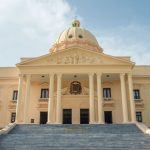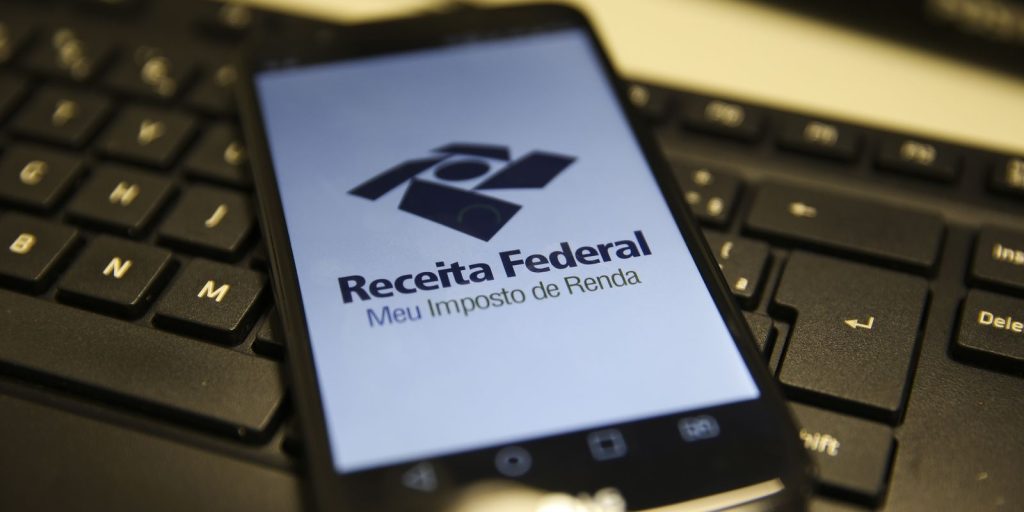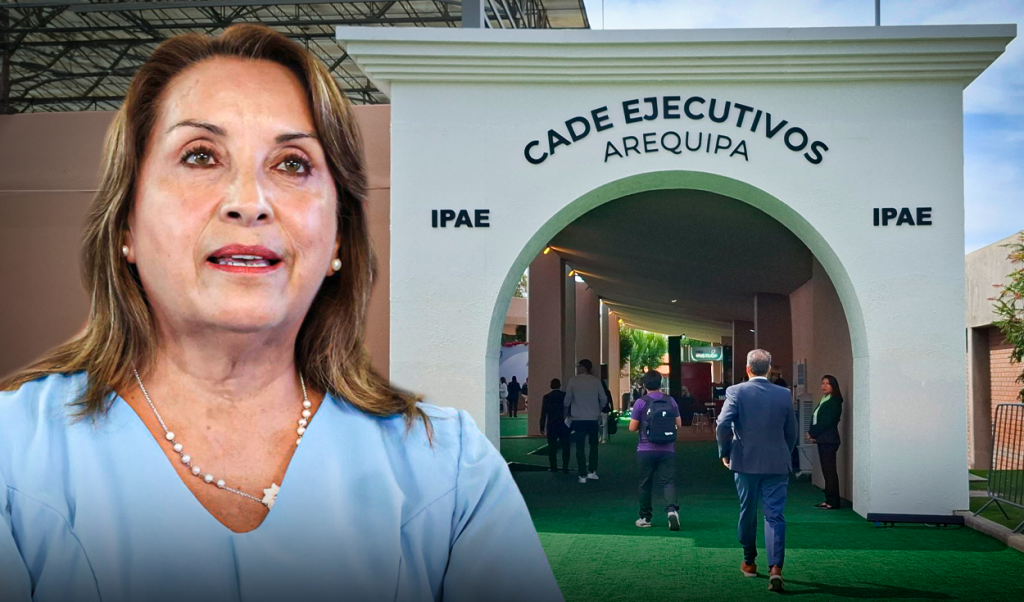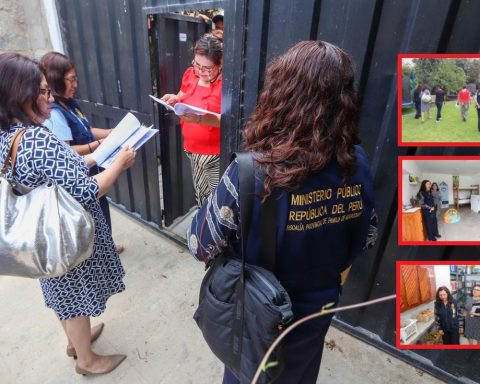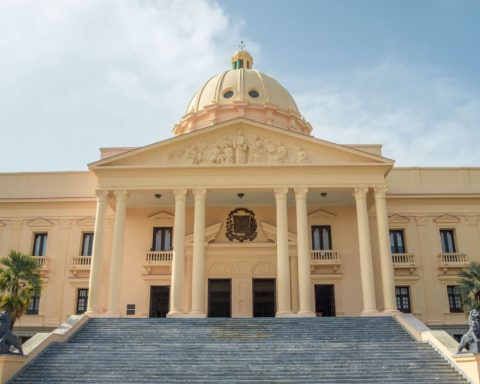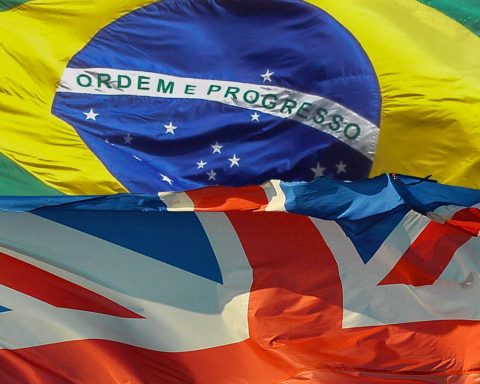The National Assembly (AN) 2020 sanctioned the Libertador Simón Bolívar Organic Law. The norm contemplates imprisonment of up to 30 years or political disqualification for up to 60 against natural and legal persons, national or foreign, who “request” or “support” the imposition of sanctions against “citizens, State institutions or authorities.” . It also establishes sanctions against media outlets that, according to the Executive’s criteria, “increase” the measures.
The National Assembly (AN) 2020 gave the green light to the Libertador Simón Bolívar Organic Law, an initiative that arose in response to Law HR 825, also called “Bolívar Law”, which was approved by the United States House of Representatives and which for the government of Nicolás Maduro tries to subdue Venezuela with more sanctions and persecution.
The aforementioned law was approved in the second discussion in the ordinary session this Thursday, November 28. It consists of 23 articles, a repealing provision and a final provision and its purpose, according to its article 1, is to protect citizens from the actions of natural or legal persons, national or foreign, that promote, invoke, support or participate in the imposition of sanctions. or actions against the security of the Republic.
The norm, which was approved even with the permission and contribution of the opposition bench, contemplates, among other things, imprisonment of up to 30 years or political disqualification for up to 60 years against natural and legal persons, national or foreign, who “ask” or “support” the imposition of sanctions against “citizens, State institutions or authorities.”
After the approval of the law, President Nicolás Maduro stated that the legal instrument seeks to end impunity. “If imperialism speeds up its march to harm Venezuela, we will tighten its gears to strengthen the institutions.”
After the approval of the Liberator Simón Bolívar Organic Law, in SuchWhich We tell you what the norm establishes and how it sanctions citizens who support, “incite” and “invoke” measures “against the country”, its “institutions” or officials.
Prison and political disqualification
Article 13 establishes that the judge “will impose in the sentencing sentence for the crimes the accessory penalty of political disqualification for up to 60 years», a setback to the express request of the president of parliament, Jorge Rodríguez, who initially stated that the measure would be for life.
In article 11, the law provides that “any person who promotes, incites, requests, invokes, favors, facilitates, supports or participates in the adoption of coercive measures or other restrictive or punitive measures against the population, public powers, or authorities, for part of a state or corporation will be punished with prison of 25 to 30 years and a fine in bolivars equivalent to one hundred thousand or one million times of the highest value currency according to the rate set by the Central Bank of Venezuela.
A similar penalty will be established, according to article 12, against any person who promotes, incites, requests, invokes, facilitates, supports, finances or participates in actions of force or cyber attacks that attack the people or their institutions by powers and corporations.
Along these same lines, article 9 establishes that Persons who, before the election, have promoted, invoked, favored or participated in the adoption or execution of measures may not apply for elected office. against the population, public powers or authorities by other States. Nor may those who have obtained any profit or benefit from the execution of the sanctions or those who act, invoke or support armed actions that affect sovereignty or cyber attacks be able to do so.
Article 14 directly sanctions foreigners in the country. It was approved that “all foreign natural persons who commit actions contrary to the values and inalienable rights of the State provided for in this law may be subject to expulsion, in accordance with immigration laws, as well as a prohibition on entry to the territory.”
What proceeds according to the Law
The legal instrument establishes that the applicable process for the investigation and punishment of the crimes provided for in this regulation are developed in accordance with the provisions of the Organic Code of Criminal Procedure. It was made clear that “in the event that the defendant or accused in a contumacious state refuses to attend the preliminary hearing or the hearings of the oral trial and this is stated in the records, it will be understood that he does not want to exercise his right to be heard for what The respective hearing will be held with his defense, if he attends or failing that with the defense assigned to him.
Regarding disqualification from the exercise of public functions, article 15 highlights that it is up to the Comptroller General of the Republic, in accordance with the provisions of the Law of the Comptroller General of the Republic and the National Fiscal Control System, to agree ex officio or a at the request of a party, the political disqualification for up to sixty (60) years from the exercise of public functions of natural persons “who have committed actions contrary to the values and inalienable rights of the State.”
It is also noted that the disqualification will be notified through any of the means available for this purpose, and the route that can be followed to challenge these decisions is clarified.
«Against the agreed measure, an appeal for reconsideration may be filed before the authority that issued the act, within 15 business days following notification, or an appeal for annulment before the Administrative Political Chamber of the Supreme Court of Justice, within 180 days following the notification.
The rule also provides for the application of the Domain Forfeiture Law. Article 19 establishes that “the conduct provided for and sanctioned in this Law is considered illegal activities of organized crime and is subject to the domain forfeiture procedure, in accordance with the law that regulates the matter.”
On the other hand, the deputies also agreed to approve article 20, which states that without prejudice and regardless of the applicable criminal liability, the person who incurs any of the actions contrary to the values and inalienable rights of the The State will respond civilly for the damages caused.
To those who fall under the law
In article 22, the rule establishes that in the act of initiation of the administrative procedure for the imposition of the administrative sanctions provided for in this Law or during its substantiation, preventive measures may be issued that are necessary to protect the protected interests.
To this end, a national registry will be created (art. 23) which will incorporate the identification of natural or legal persons, national or foreign, about whom there are justified elements of being involved in any of the “actions contrary to the values and rights.” of the State to impose restrictive, temporary and administrative economic measures, aimed at mitigating the damage that its actions cause against the country.
The measures to be imposed may be the following:
- Preventive freezing of assets.
- Prohibition of contracting with the Republic or its territorially or functionally decentralized entities.
- Suspension of the National Registry of Contractors.
- Prohibition of exporting or importing goods.
- Prohibition of carrying out purchase or sale operations of furniture, real estate, vehicles, ships or aircraft.
- Prohibition of the constitution of commercial or civil companies or participation in entities with a patrimonial substrate
- Suspension in the participation of collegiate bodies of government or administration of commercial, civil companies or entities with a patrimonial substrate.
«In addition, if the subject or entity incorporated into the National Registry is of foreign nationality, their entry into the country may be prohibited, the visas that have been granted may be suspended or those requested may be denied and if they are inside they will be expelled immediately and the Law will be applied. of Domain Forfeiture,” it reads.
Attack on the media
The law is also a warning against the media. Article 21 establishes that radio and television service providers who broadcast advertising, propaganda or messages promoting the imposition of sanctions will be fined with the revocation of the concession and an amount in bolivars equivalent to between 100,000 and one million times the exchange rate of highest value published by the Central Bank of Venezuela.
On electronic media, social networks and printed media, a fine will be imposed for the amount in bolivars equivalent to between 100,000 and one million times the highest exchange rate published by the BCV. The procedure for imposing the fine on electronic media providers will be carried out by the National Telecommunications Commission, in accordance with the provisions of the special law that regulates the matter.
In the case of the printed media, the procedure will be supervised by the Ministry of the Interior, Justice and Peace, in accordance with the summary procedure established in the Organic Law of Administrative Procedures.
At the request of Congresswoman Tania Díaz, this article also foresees including digital media in the possible sanctions, with a ban on operating in the nation and the suspension of the issuance of accounts or platforms in the national territory.
Appropriate measurements
Article 8 establishes that public organizations and entities may adopt “appropriate” and necessary legal measures to protect the sovereignty, nationality and self-determination of the country, as well as the human rights of citizens against the actions of people who are contrary. to the values established by the normal and the inalienable rights of the States.
The Liberator Simón Bolívar Organic Law was presented to the plenary for the first time on November 21. Deputy Carlos Mogollón was the one who presented the content of the norm to the parliamentarians.
He stressed that this rule seeks to directly punish officials, leaders and citizens who support or incite, according to the State’s criteria, the application of sanctions “against the people.”
According to Mogollón, the bill was born from the “cry” of citizens who, he stated, have been victims of measures that constitute alleged crimes against humanity against all sectors of the population.
Post Views: 238
